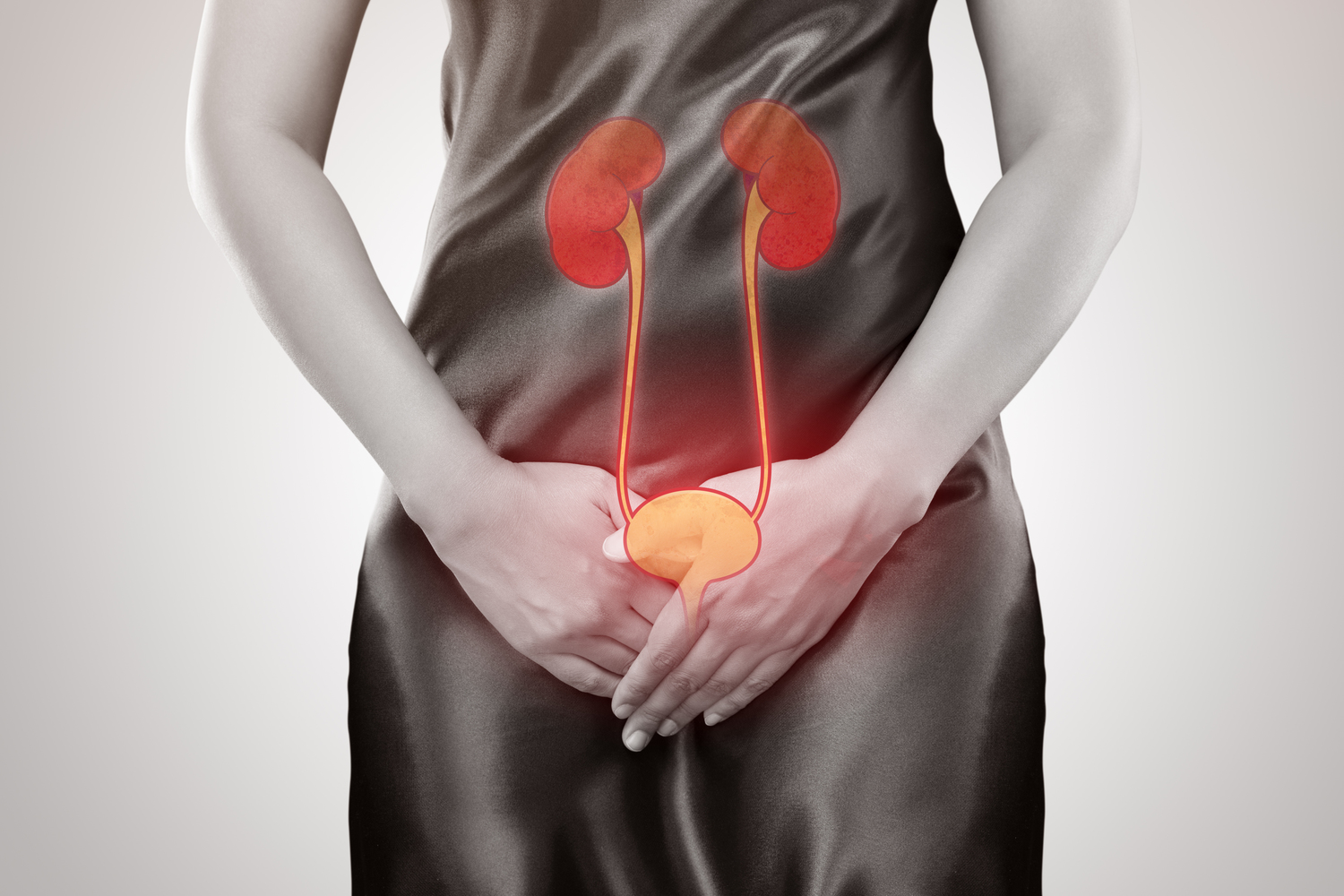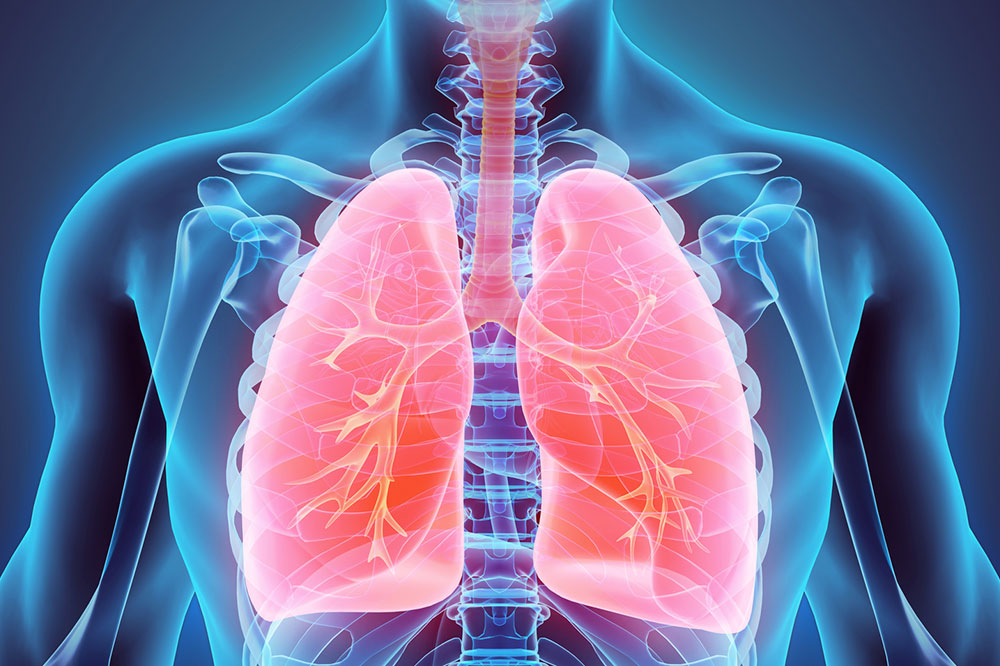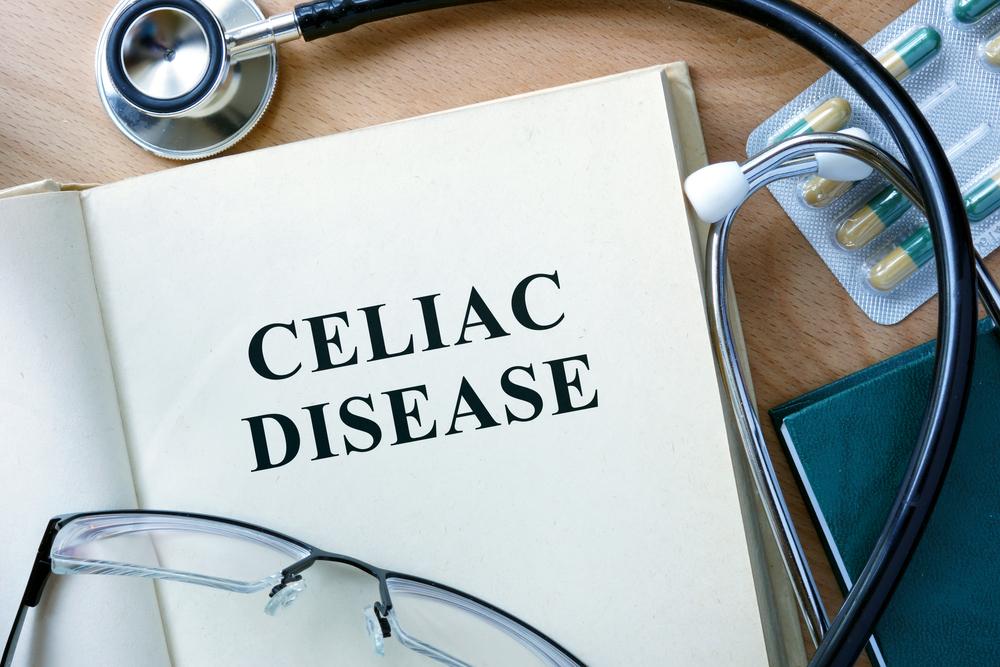Comprehensive Guide to Meningitis: Key Facts and Prevention Tips
Learn about meningitis, its types, symptoms, causes, and treatment options. Discover preventive measures to reduce risks and protect your health. Stay informed with authoritative resources for early detection and safety.

Understanding Meningitis: Essential Information and Prevention
Meningitis involves inflammation of the protective membranes surrounding the brain and spinal cord, known as the meninges. While it predominantly affects children and teenagers, individuals of all ages can be vulnerable. Without prompt treatment, meningitis can lead to serious health complications.
Signs and Symptoms There are three main types: viral, bacterial, and fungal meningitis. Symptoms can differ based on age and individual health, so recognizing the signs early is crucial.
Fungal Headache, confusion, vomiting, and disorientation
Bacterial Fever, chills, sensitivity to light, altered mental state, purple skin spots resembling bruises
Viral Fever, fatigue, loss of appetite, irritability
identifiying each type's unique symptoms helps in seeking timely medical diagnosis.
Diagnosing whether meningitis is viral or bacterial isn’t possible through visual exam alone.
Causes Viral meningitis is most common, accounting for about 85% of cases. Non-infectious causes, such as cancer, medication reactions, or autoimmune diseases like lupus, can also lead to meningitis.
Fungal Exposure to contaminated soil, bird droppings, or polluted environments
Bacterial Infection from contaminated food, respiratory tract bacteria, or skin infections
Viral Infections like influenza, HIV, herpes, mumps, or West Nile Virus
Although the causes vary, all types of meningitis share similar destructive effects if untreated.
Treatment Options Prompt medical evaluation is essential once symptoms appear. Diagnostic tests help determine the type. Bacterial meningitis often requires hospitalization, where antibiotics, IV fluids, and oxygen are administered. Viral meningitis can typically be managed at home with rest, pain relievers, and proper hydration, usually recovering within a week or ten days. Maintaining a nutritious diet aids recovery.
Prevention Strategies Advances in medicine have introduced vaccines and treatments to help prevent and combat meningitis. Simple precautions can also greatly reduce risk.
Cover mouth and nose when sneezing or coughing
Practice good hygiene and avoid sharing utensils, lip balms, or straws
Eat plenty of fruits, vegetables, and whole grains
Wash hands regularly to prevent infection
For more detailed information, refer to resources from the Mayo Clinic and the Meningitis Foundation to protect yourself and your loved ones.










